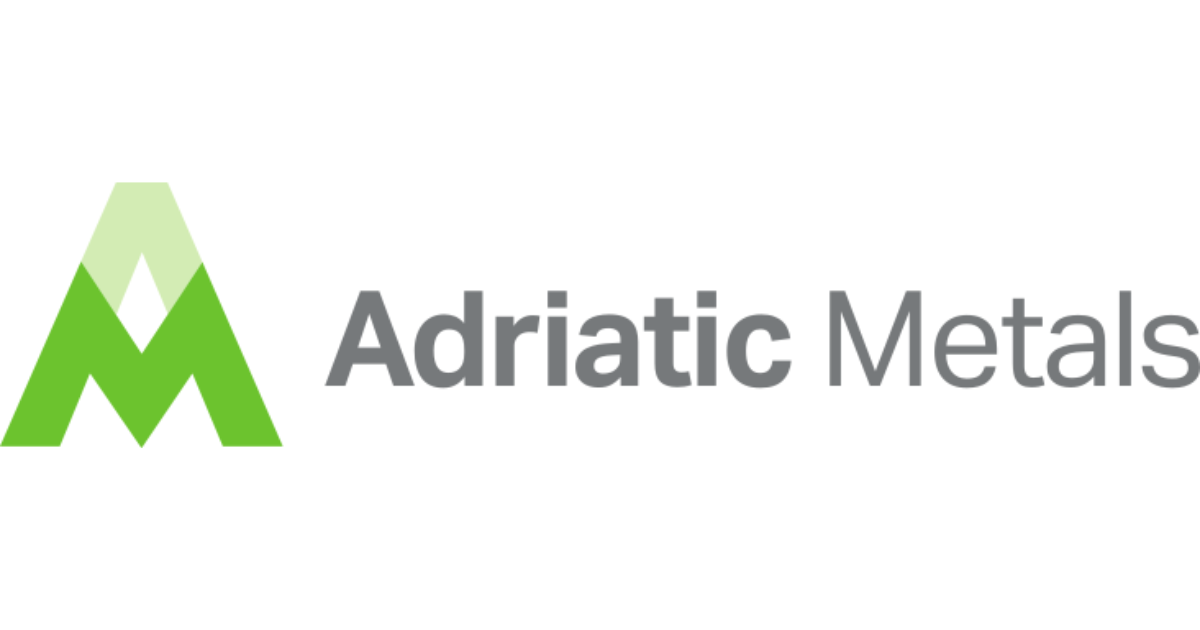
The road takes us to Vares. A small town in the dense forests and rugged mountains of central Bosnia, Vareš is name shaped by mining. For generations, its people worked beneath the earth, fueling local industry and sustaining livelihoods. But as the mines closed and investment disappeared, the town began to empty. Young people left in search of opportunities elsewhere, and what was once a thriving industrial centre became another forgotten chapter in the country’s economic history.
When Adriatic Metals arrived, it was met with understandable skepticism. Mining had left scars—both environmental and social. Trust was not something that could be assumed. Could a new mining project bring benefits without repeating the mistakes of the past? Would it create lasting value, or would it be just another short-lived operation?
Rebuilding trust was not about making grand promises but about taking deliberate and transparent steps. The company began by opening a dialogue with the people of Vareš. Public meetings were held, where residents voiced their concerns about pollution, water resources, and the long-term future of their town. Instead of offering rehearsed answers, Adriatic Metals listened.
Biljana Braithwaite, co-founder of Sustineri Partners, recalls her initial reaction to the company’s plans: "We approached the prospect of mining in our region with frank and measured consideration. We wanted to open up discussion, understand the positions of investors, but also understand the worries of the local communities. I believe we have found a good story in Vares, and it is essential that examples such as these serve as a guide for future investments in mining and energy in the Adria region. Yes, such projects present a significant opportunity—but from the outset, transparency is paramount. There must be an open and honest dialogue with local stakeholders, a commitment to engagement, and a foundation built on trust. This is precisely what I observed in Vareš. And now, several years later, we have the opportunity to hear their story at the Summit."
Understanding that economic opportunity is just as crucial as environmental responsibility, the company committed to hiring and training local workers. Instead of importing an external workforce, it prioritised creating jobs for people from the region, ensuring that employment opportunities would extend beyond the life of the mine itself.
“At the same time, Adriatic Metals launched projects aimed at restoring environmental damage from past mining activities. The rivers and forests surrounding Vareš are integral to its identity, and efforts to rehabilitate these areas became an essential part of the project. Water use was carefully planned, ensuring that local sources were neither depleted nor contaminated. Waste disposal followed international best practices, while biodiversity conservation became a key focus, with plans to not only prevent damage but actively restore ecosystems affected by decades of industrial activity”, shares Sanela Karić, Executive Director of Adriatic Metals.
Beyond the immediate concerns of jobs and the environment, the company invested in education, infrastructure, and cultural preservation. Through the Adriatic Foundation, schools and libraries received funding, and training programmes were established to help local workers develop new skills. Historical sites connected to Vareš’s mining past were also protected, ensuring that the town’s story was not lost in the pursuit of modernisation.
Sustainability in mining is often dismissed as a contradiction. But in Vareš, it is being tested in real terms. The town’s mineral wealth is no longer seen as something to be exploited and abandoned—it is a resource that must be managed responsibly, with both the present and future in mind.
Energy efficiency and emissions reduction are not just corporate buzzwords here; they are integrated into daily operations. The company’s Environmental and Social Management System ensures strict guidelines for managing natural resources, with continuous monitoring of water, air, and soil quality. Perhaps most significantly, this approach has shifted the conversation around mining in Bosnia. What was once a source of division is now being reimagined as a potential model for responsible industry—one where economic development and environmental protection are not opposing forces, but part of the same strategy.
Vareš is no longer just looking back at what it once was. It is forging a new path, proving that mining can be done differently—ethically, sustainably, and in partnership with the community. The question is no longer whether mining has a place in Vareš, but how it can be done in a way that ensures the town thrives long after the last mineral has been extracted.
We are proud to welcome them as a Silver Partner of the ESG Adria Summit 2025, where they will discuss the future of mining. Mining, done differently, indeed.